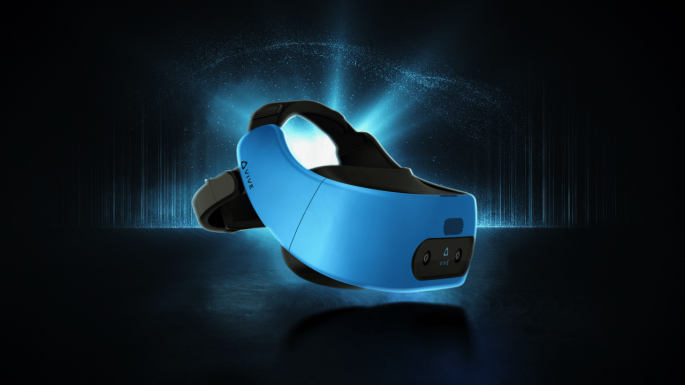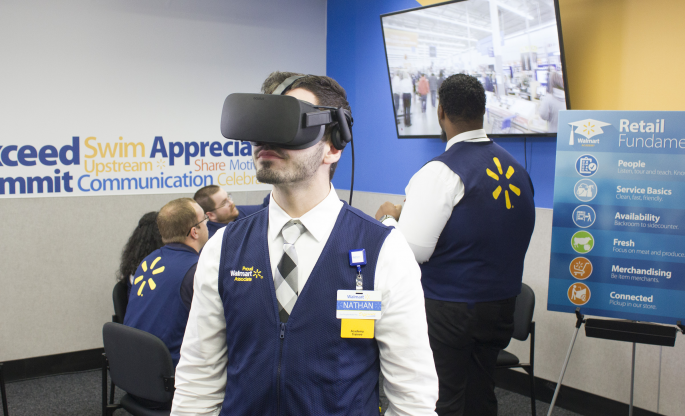Technology giants HTC have announced that they will be conducting a worldwide launch of their virtual reality headset, the Vive Focus which was previously only available in China.
It's difficult to think about the future of mainstream technology without virtual reality coming to mind. For decades, almost every vision of the future of tech has involved some form of virtual reality as a tool of entertainment. The idea is nothing new with almost half a century of attempts at making more hands-on technology but things have certainly improved of late.

This new wave of VR technology can really be traced back to the $2 billion purchase of the Oculus Rift by Facebook. Up until that point, the Rift was the only mainstream wearable VR headset on the planet after initially coming from a Kickstarter campaign. Since then, a number of other companies have made their own attempts at a wearable headset including HTC.
The Taiwanese technology giants were a major player in the mobile phone industry during that time but that was before market saturation from various competitors. Apple and Samsung continued to dominate the mobile phone market and HTC has since spread to the world of virtual reality.
The HTC Vive was first unveiled in March 2015 after being produced in conjunction with the video gaming giants, Valve. The Vive has been modified and updated over the years with the addition of things like the Vive Controllers, Vive Tracker and improvements to the device's audio performance.
This culminated in the release of the Vive Focus, a self-contained mobile headset that tracks the user's movements with outward-facing cameras. It requires no companion computer to use with its Qualcomm Snapdragon 835 processor and 2,880 x 1600 single-piece AMOLED display. It features a 110-degree field of view with a refresh rate of 75 Hz and all of that with a three-hour battery life. However, the Focus was only initially available in China at a price of around 4000 Yuan.
It's hardly a surprise that HTC are releasing new products in the world of VR. Virtual reality has exploded with Statista estimating that the global industry will increase by ten times in the next four years. Ask anyone what they think is the main use for VR technology and most will agree on video gaming. That is certainly the case with almost every major games company taking the plunge. Epic Games have made Robo Recall, Ubisoft have a title called Space Junkies, and even Marvel have released a VR title called Powers Connected.
But it's not just about gaming for the general public. Virtual reality offers so much more to consumers. One novel idea has been utilised by NextVR which allows its users to purchase virtual tickets to things like sporting events and watch along with a VR headset. But the uses don't stop with sport. Betting giants Betway have used VR to bring a virtual casino to your own home and even the British Museum is in on the act, offering virtual tours of an exhibit in 2017. Consumers spent around $6.2 billion on VR and AR technology in 2017 but that is just one part of the market.

The HTC Vive Focus is not focussed at consumers and is instead catered towards businesses. Many companies can find a use for a virtual reality headset but perhaps the most common of all is training. A VR headset can immerse a trainee in a completely new situation and VR has been used to help fledgeling pilots just as easily as student surgeons. The tech also uses in the world of design, manufacturing and even in the film industry.
HTC has always had a tendency to gear its technology towards that sector but with the Focus this is clearer than ever before. To coincide with the international release of the headset, HTC has also unveiled Vive Sync, a new business collaboration and meeting app which is intended to bring co-workers closer together. Up to 20 colleagues can be supported simultaneously and are able to discuss and share materials in real-time.
The international release of the Vive Focus is well underway and is expected to hit stores in 37 different countries. The standalone VR headset will have a recommended retail price of $599 in the United States.


























